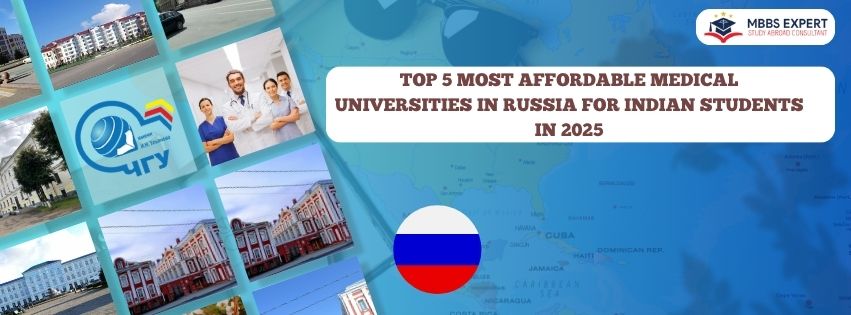Budget-Friendly Medical Education in Russia: Affordable Universities for Indian Students Introduction Pursuing a medical degree…
Why Studying MBBS in Uzbekistan Is Not a Good Option for Indians
7174 Total Views , 1 views today
Why Studying MBBS in Uzbekistan Is Not a Good Option for Indians
Why Studying MBBS in Uzbekistan Is Not a Good Option for Indians Introduction: In recent years, pursuing a medical degree abroad has become increasingly popular among Indian students. One country that has gained attention as a potential destination for medical education is Uzbekistan. However, despite its allure, studying MBBS in Uzbekistan may not be the best choice for Indian students. This blog aims to shed light on the reasons why opting for medical education in Uzbekistan may not be a wise decision for Indian students.
- Quality of Education: One of the primary concerns for Indian students considering studying MBBS in Uzbekistan is the quality of education. While there may be a few reputable institutions in the country, the overall standard of medical education in Uzbekistan is not on par with Indian medical colleges. Indian medical colleges are renowned globally for their high standards, rigorous curriculum, and advanced teaching methods. Choosing a substandard education could impact the quality of your medical training and future career prospects.
- Language Barrier: Language plays a crucial role in education, especially in the field of medicine. Uzbekistan’s official language is Uzbek, and while some universities may offer English-medium programs, the proficiency of faculty and staff in English may be questionable. This language barrier can hinder effective communication, understanding of complex medical concepts, and clinical training, ultimately impacting the quality of education and practical skills acquired.
- Recognition and Accreditation: Another significant concern is the recognition and accreditation of Uzbekistani medical universities by Indian medical bodies such as the Medical Council of India (MCI) or the National Medical Commission (NMC). Pursuing an MBBS degree from a non-recognized institution can create obstacles in obtaining an Indian medical license and may require additional qualifying exams or retraining. It is crucial to ensure that the institution you choose is recognized by the appropriate Indian medical authorities to avoid potential difficulties in the future.
- Cultural Differences and Adaptation: Uzbekistan has its unique cultural and social norms, which can be vastly different from those in India. Adapting to a new culture, language, and lifestyle can be challenging for Indian students, potentially affecting their overall well-being and academic performance. The absence of a familiar support system and the feeling of isolation can lead to homesickness and decreased motivation, making it harder to focus on studies.
- Return on Investment: Studying MBBS abroad, including in Uzbekistan, involves a significant financial investment. However, considering the lower quality of education, potential language barriers, and challenges related to recognition, the return on investment may not be as promising as studying in reputable Indian medical colleges. Indian medical graduates from recognized institutions have better opportunities for postgraduate studies, job placements, and higher salaries.
Conclusion: While studying MBBS in Uzbekistan may seem like an appealing option for Indian students due to lower tuition fees and availability of seats, it is important to consider the potential drawbacks. The quality of education, language barrier, recognition and accreditation issues, cultural differences, and the overall return on investment are factors that cannot be overlooked. Indian students aspiring to pursue a medical career should carefully evaluate their options and consider reputable Indian medical colleges as the preferred choice, ensuring a strong foundation and a promising future in the medical field.





